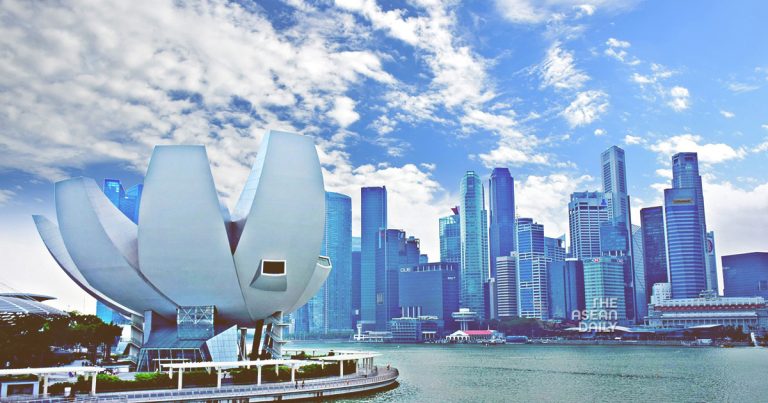3-8-2023 (SINGAPORE) Singapore’s rental price growth has shown signs of slowing in the second quarter, marking a shift from the years-long boom that has raised concerns over affordability and threatened the city-state’s appeal as a global finance hub.
According to figures from the Urban Redevelopment Authority, an index of private residential prices rose by 2.8% in the previous three months. While this is still an increase, it represents the smallest gain since 2021, indicating a cooling trend in the property market.
The anticipated ease in rental costs is attributed to the increasing availability of new housing units. Approximately 20,000 private housing completions are expected this year alone, marking the highest annual supply since 2017. Furthermore, government measures have been implemented to alleviate the surge in rents, which had been causing concern among tenants.
Nicholas Keong, head of residential and private office at Knight Frank Singapore, noted that even expatriates with accommodation allowances have been reconsidering their leasing options due to the exceptionally high cost of living in Singapore. He predicts that rental prices will continue to ease in the remainder of 2023, largely due to the steady completion of new housing inventory.
Knight Frank’s data indicates that island-wide leasing contracts for private apartments in the past three months were at their lowest levels since the start of the coronavirus pandemic. Volumes in April and May were down 9.2% compared to a year ago, according to the same source.
The luxury property market has seen a particularly notable reversal, with rents in the ultra-luxury segment dropping by almost 4% in the second quarter. This is a stark contrast to the 9% gain seen in the previous quarter, according to Knight Frank’s analysis of Urban Redevelopment Authority data.
Property agents are also feeling the impact of these changes. Sunita Gill, co-founder of real estate consultancy Singapore Luxury Homes, reported that some expat clients have chosen to relocate to Dubai. The recent cooling measures implemented by the government, including doubling stamp duties for foreigners to 60%, have deterred potential investors and lowered the demand for luxury rentals.
The property market in Singapore had defied the global slowdown caused by the Covid-19 pandemic, largely due to an influx of wealth from China and other countries. At one point last year, Singapore tied with New York for the city with the fastest pace of rental growth, but it has recently slipped to the second spot.
The issue of rising rental costs has become a political concern, particularly among young Singaporeans. A survey conducted last year revealed that two in three Singaporeans between the ages of 22 and 29 are choosing to rent due to insufficient savings for property ownership. In a more recent YouGov poll in July, over half of the respondents felt that the government should take further action to regulate rents and provide additional support based on income.
According to a report by real estate portal SRX, rents for private apartments rose by 0.3% in June from the previous month. Mark Yip, chief executive officer of property agency Huttons Group, expects rents to increase between 10% to 15% this year, a significant moderation from the almost 30% increase seen in 2022.
Relief appears to be on the horizon for renters in Singapore, according to Alan Cheong, executive director of research at Savills Plc.




